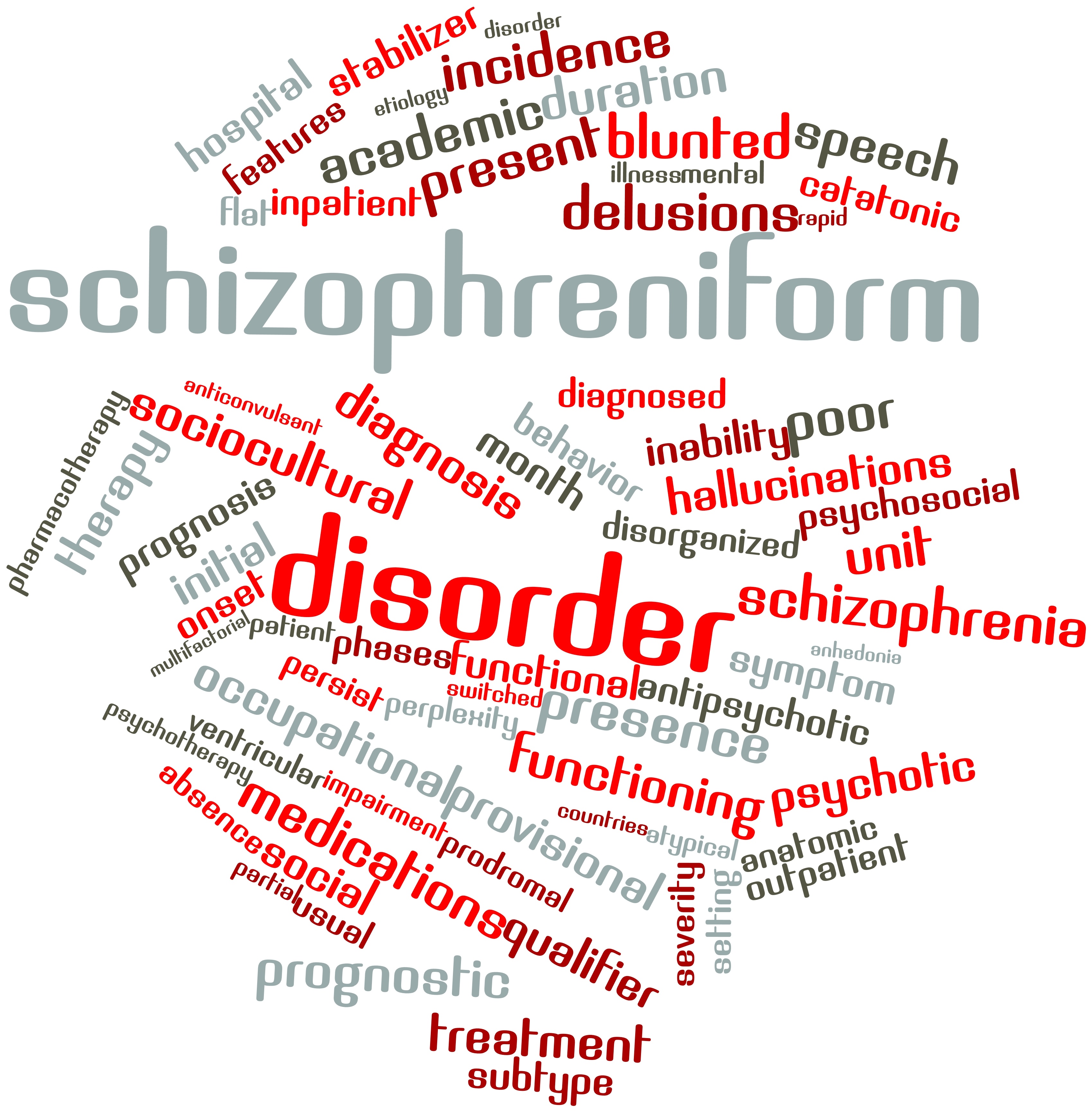Topics tagged with "Negative symptoms"

Therapies for negative symptoms
What are negative symptoms of schizophrenia? The negative symptoms of schizophrenia refer to an absence of normal functions. This may include (but is not limited to); blunted affect, which is a scarcity of facial expressions of emotion, reduced frequency and range of gestures and voice modulation, and restricted eye contact; alogia (poverty of speech); asociality (reduced social interaction); avolition (reduced motivation and often poor hygiene) and anhedonia, which is reduced experience of pleasure, often manifesting as scarcity of recreation, inability to experience closeness, and reduced interest in sexual activity. Psychosocial therapies may provide a clinical adjunct to pharmacological therapy, and…

Defeatist performance beliefs
What are defeatist performance beliefs in schizophrenia? Defeatist performance beliefs are over-generalised negative thoughts about one’s ability to successfully perform goal-directed behaviour. This prevents the initiation of and engagement in social and employment opportunities and therefore is considered a possible contributing factor to negative symptoms and poor functional outcomes. Neurocognitive deficits in memory and attention for example may contribute to unsuccessful goal attainment, which over time can give rise to dysfunctional attitudes, including defeatist performance beliefs. These dysfunctional attitudes, in turn, may lead to a decrease in motivation for future goal-related activities, which may contribute to functional outcome deficits. Reduction…

Medications for negative symptoms
What are negative symptoms of schizophrenia? Negative symptoms are referring to an absence of normal functions. This may include (but is not limited to) blunted affect, which is a scarcity of facial expressions of emotion, reduced frequency and range of gestures and voice modulation, and restricted eye contact; alogia (poverty of speech); asociality (reduced social interaction); avolition (reduced motivation and often poor hygiene) and anhedonia, which is reduced experience of pleasure. What is the evidence on medications for negative symptoms? Moderate to high quality evidence finds medium-sized effects of greater improvement in negative symptoms with clozapine, zotepine, amisulpride, olanzapine, perphenazine,…

Negative symptoms
What are negative symptoms of schizophrenia? Negative symptoms of schizophrenia refer to an absence of normal functions. These include a scarcity of facial expressions of emotion, reduced frequency and range of gestures and voice modulation, restricted eye contact, poverty of speech (alogia), reduced social interaction, reduced motivation (avolition), poor hygiene, and reduced experience of pleasure (anhedonia) which is often manifested as scarcity of recreation, inability to experience closeness, and reduced interest in any sexual activity. Deficit schizophrenia is a subtype of schizophrenia with persisting negative symptoms that is described by specifically defined assessments used primarily in research. What is the…

Cognitive functioning related to symptoms
How is cognitive functioning related to symptoms? Schizophrenia is characterised by positive, negative and disorganised symptoms. Positive symptoms refer to experiences additional to what would be considered normal experience, such as hallucinations and delusions. Negative symptoms include blunted affect, impoverished thinking, alogia, asociality, avolition, and anhedonia. Alogia is often manifested as poverty of speech, asociality involves reduced social interaction, avolition refers to poor hygiene and reduced motivation, while anhedonia is defined as an inability to experience pleasure. Disorganised symptoms involve bizarre behaviour and disorganised thought and speech. Cognitive deficits are also a core feature of schizophrenia. These deficits may be…

Schizophreniform disorder
What is schizophreniform disorder? Schizophreniform disorder is a part of the schizophrenia spectrum of disorders and has sometimes been used as a provisional diagnosis while waiting to see if symptoms improve by six months or progress, resulting in a diagnosis of schizophrenia. DSM-5 requires at least one of the following symptoms is present for a significant portion of the time during a one-month period, but for less than six months: delusions, hallucinations or disorganised speech. Disorganised behaviour or negative symptoms may also be present. There can be no manic, depressive or mixed manic-depressive episodes, and any mood disturbance must have…
Green - Topic summary is available.
Orange - Topic summary is being compiled.
Red - Topic summary has no current systematic review available.